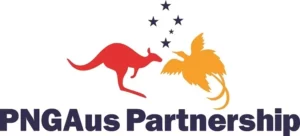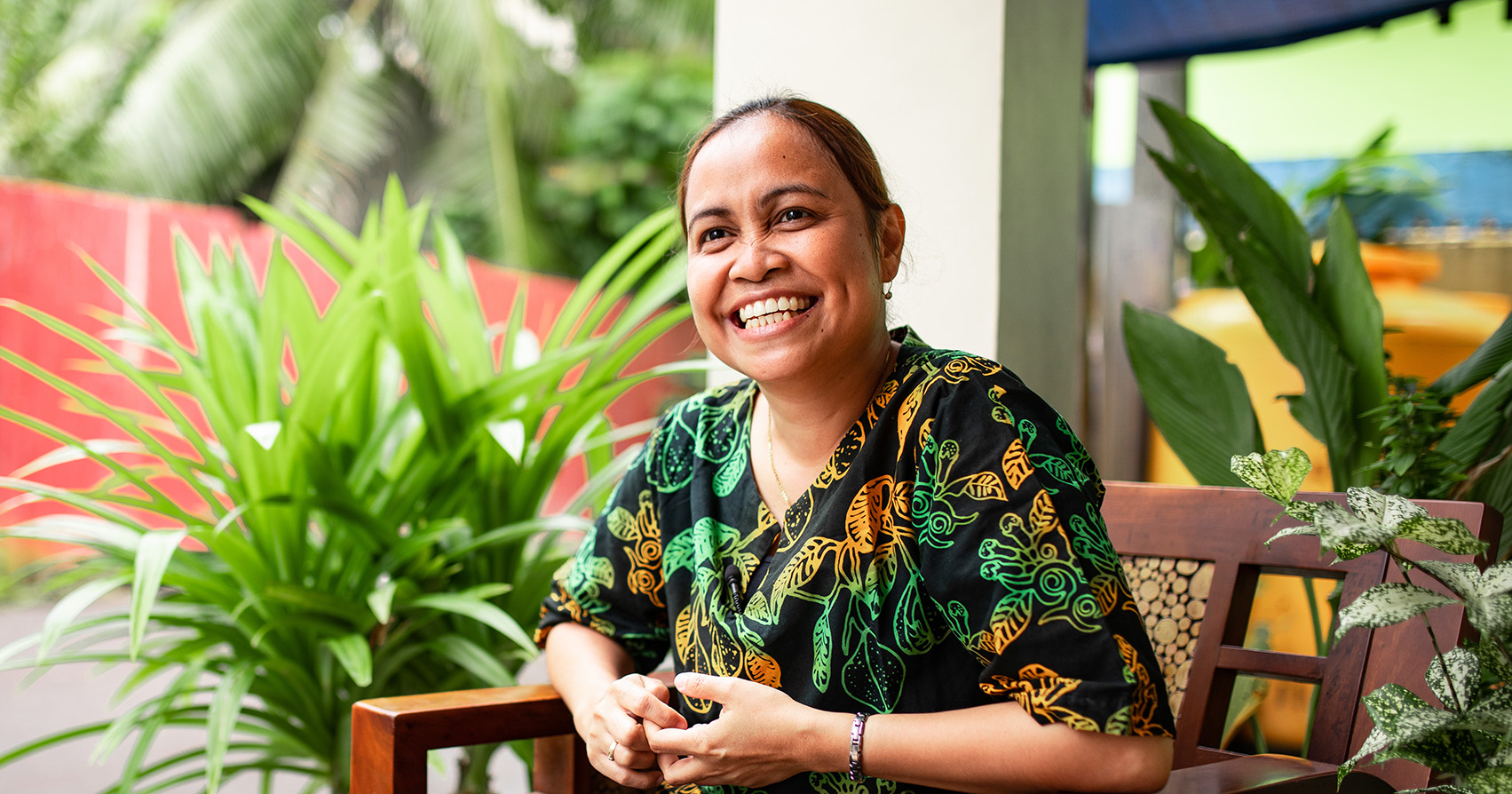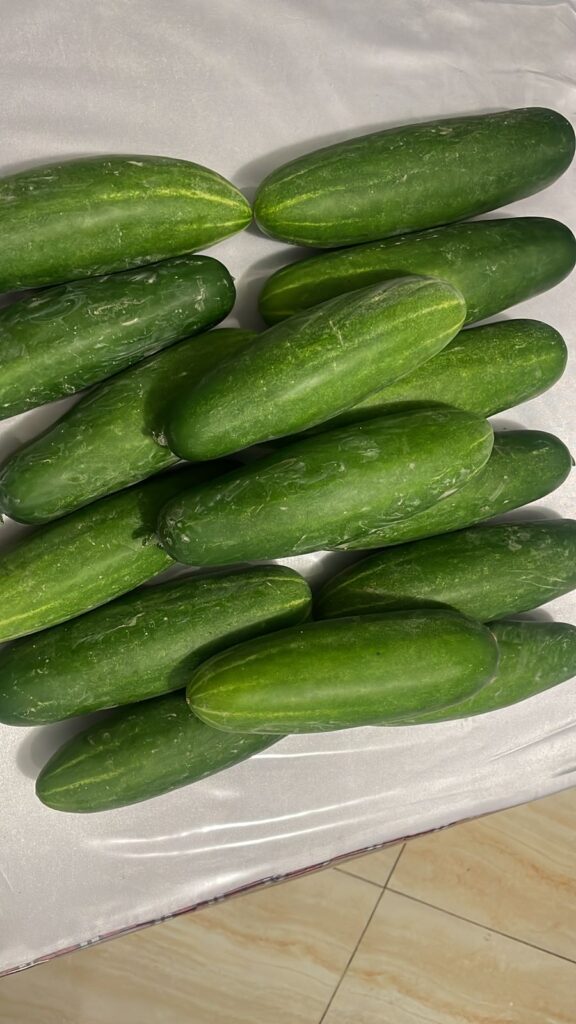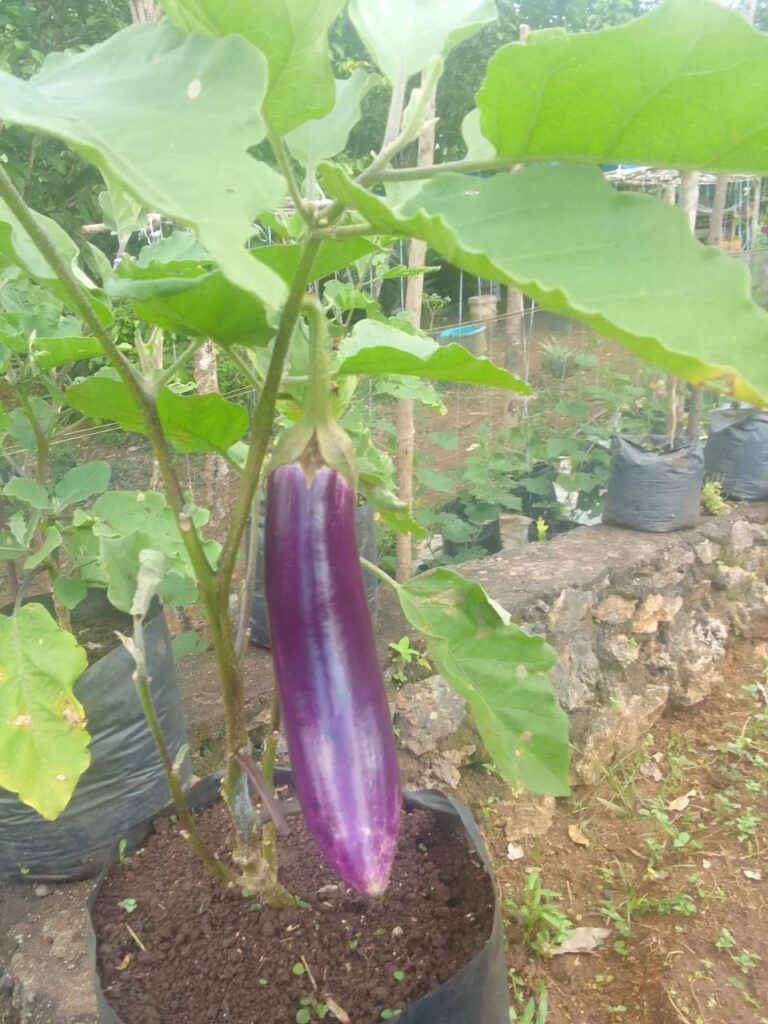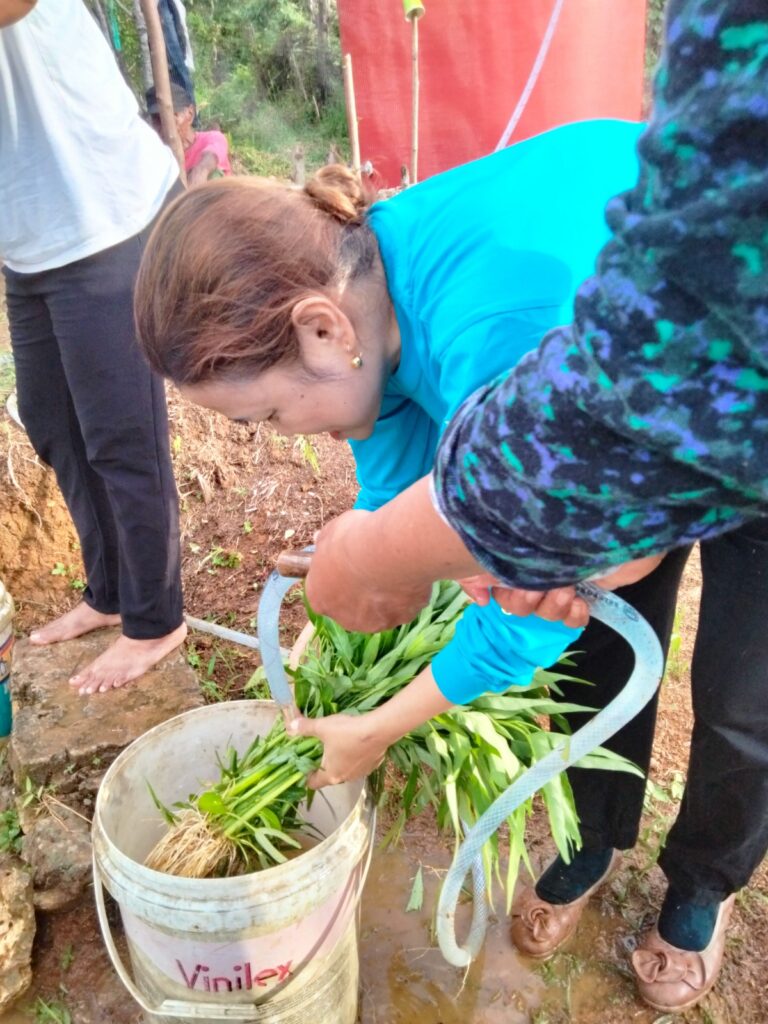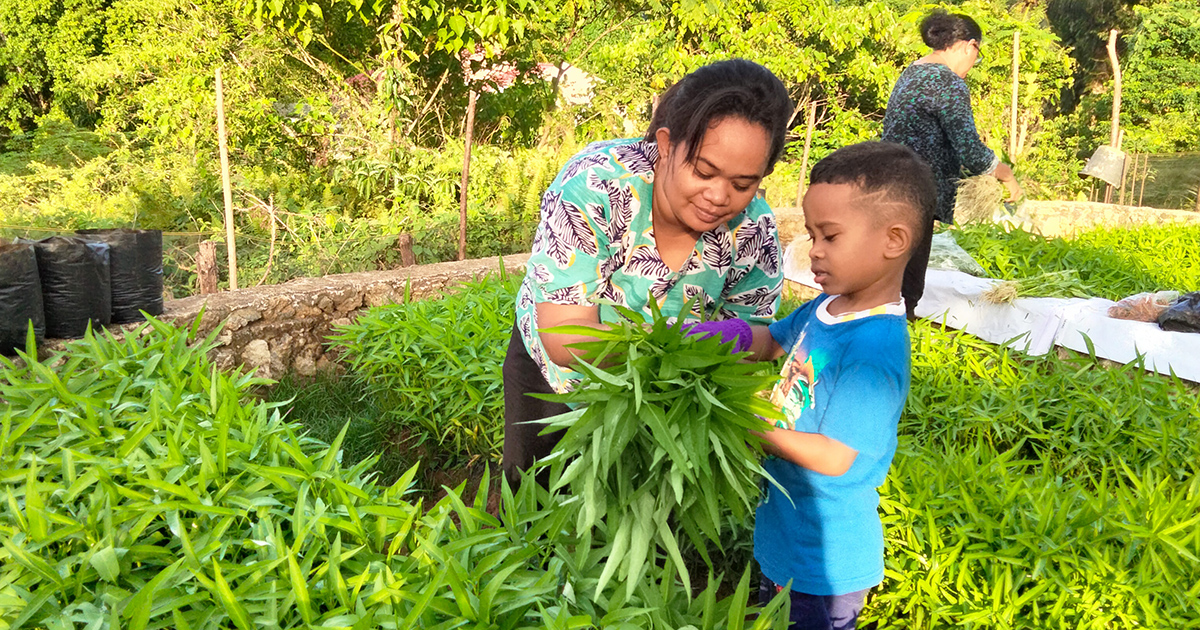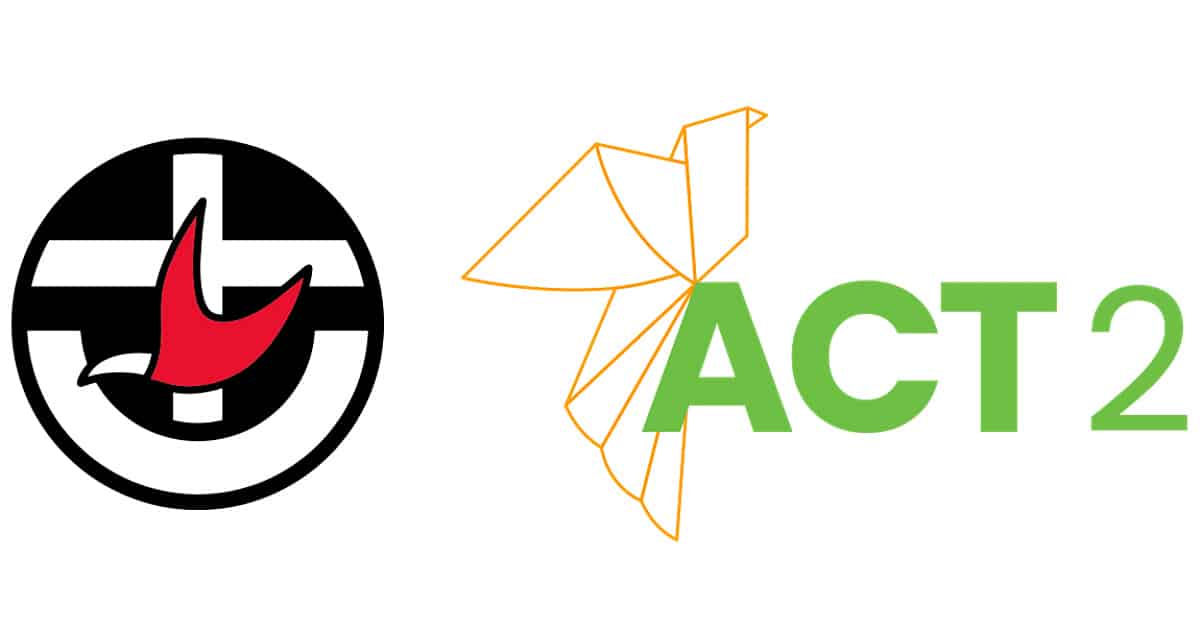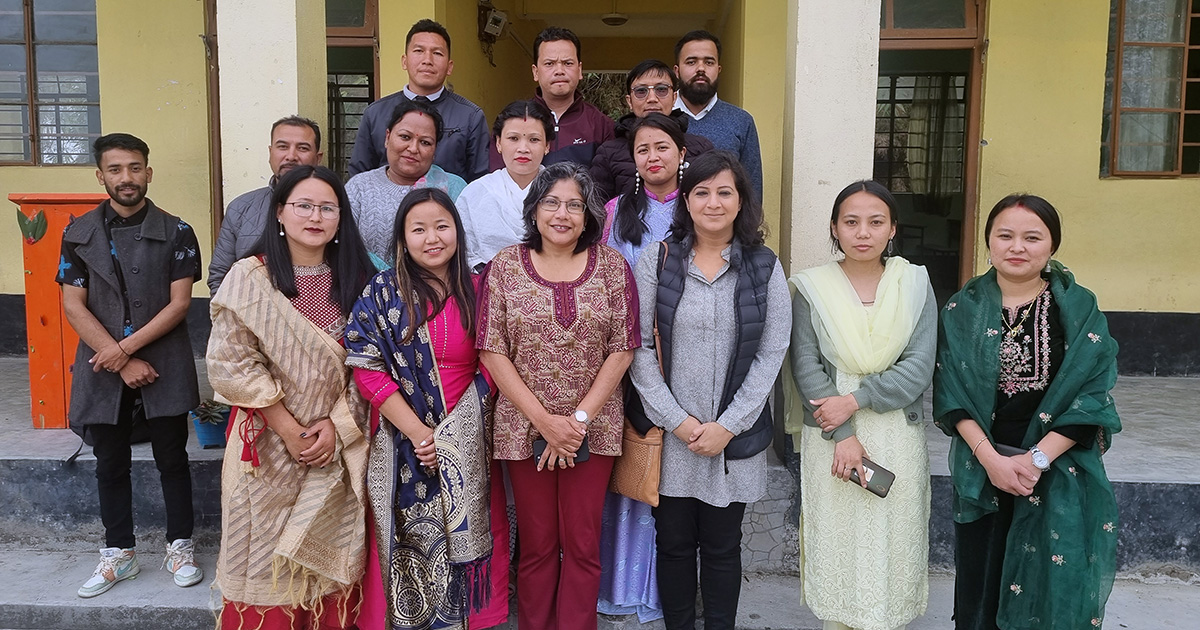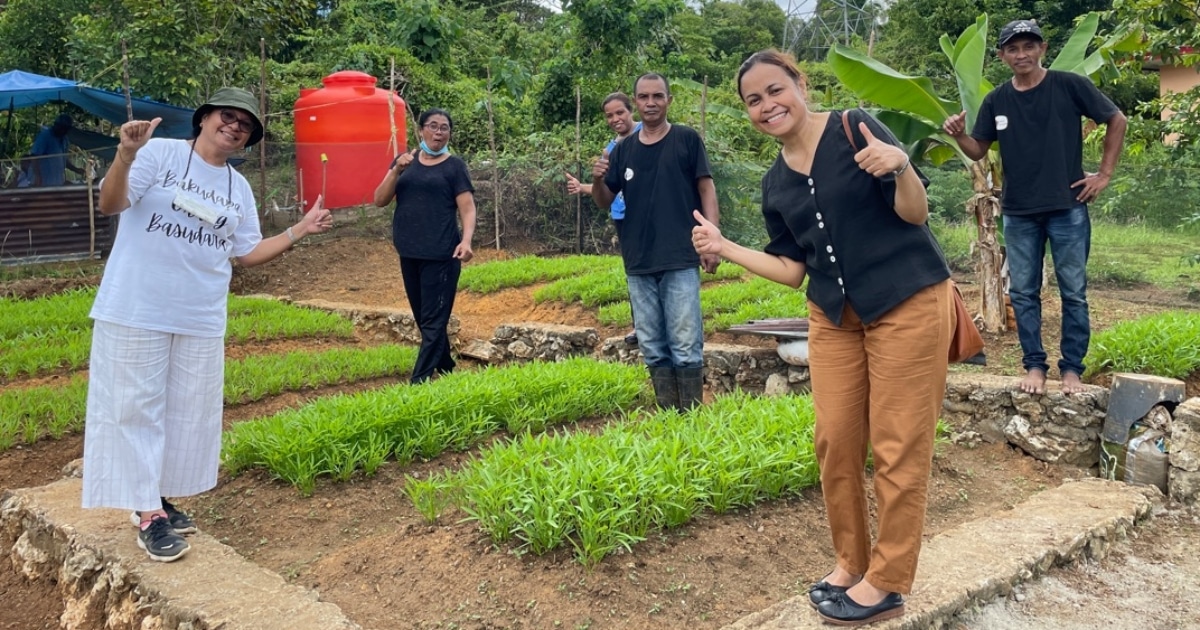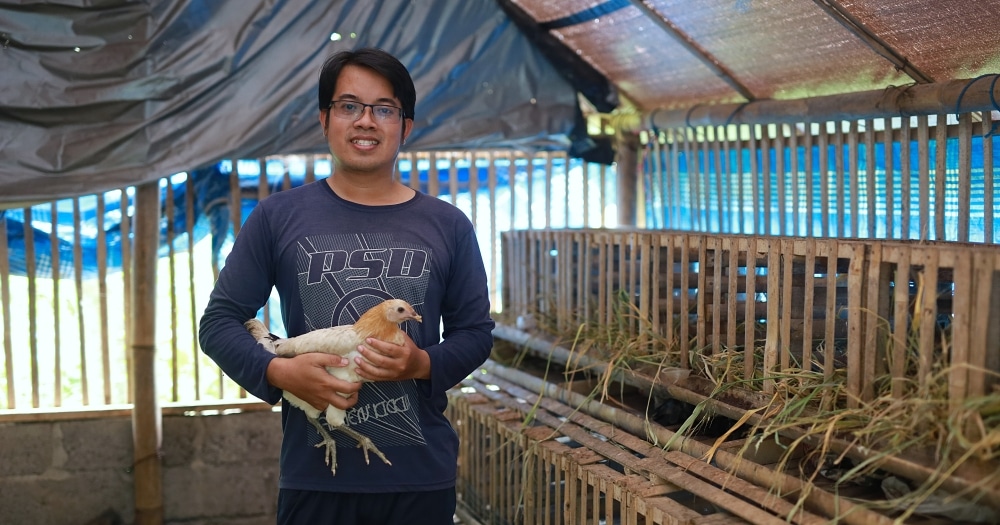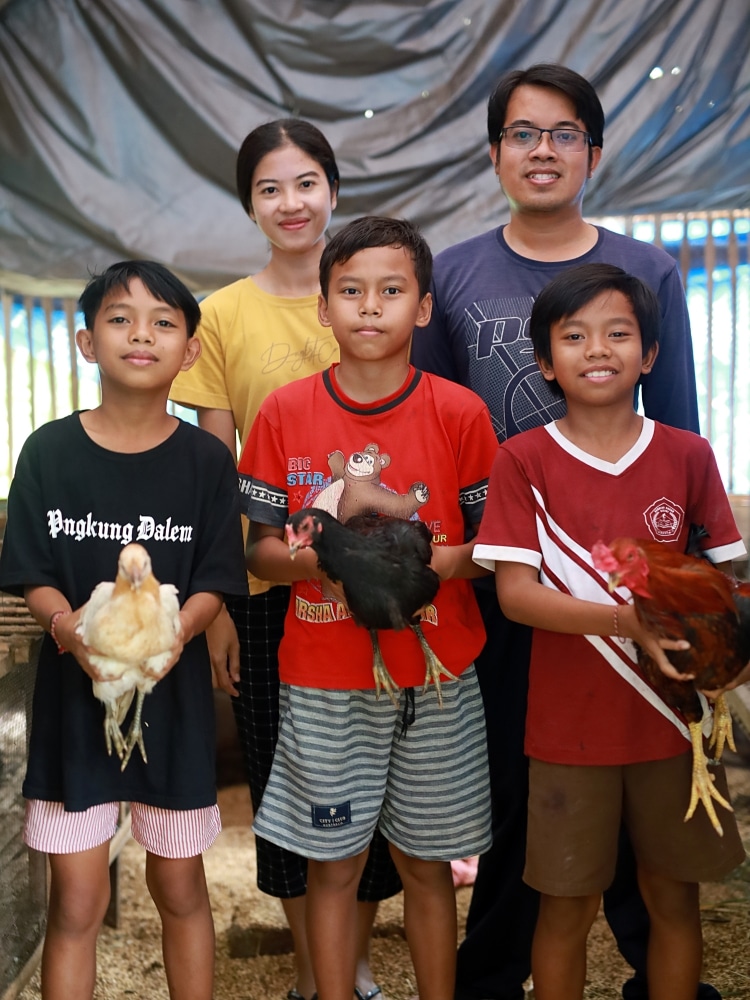Women in Ministry Supporter Update, April 2024
In 2024, we are continuing to support five of the brilliant scholars we supported last year: Asinate, Amalaini and Toobora at Pacific Theological College (PTC), and Mela and Luisa at Davuilevu Theological College (DTC). Both colleges are in Fiji. The scholars are now halfway through Semester 1 of 2024 and are all due to finish their studies at the end of this year. We are also continuing to keep in close contact with Rev Geraldine while she finalises her PhD.
All students are continuing to achieve great academic results.
In big news for PTC, the College is currently transitioning to become a university to be known as Pacific Communities University (PCU)! This transition includes two new schools of the university, infrastructure development and a communities-based model of education.
Thank you to the supporters of our Women in Ministry project. Your support, both financial and prayerful, is so appreciated by the students, their families, their churches and the team at UnitingWorld.
Blessings,
Mia Berry Mardi Lumsden
International Programs Manager Donor Relations Manager

Student Updates
Rev Geraldine is continuing to finalise her PhD thesis. To support her studies she is working part-time at the Institute for Mission and Research at PTC, writing up some of their new coursework which she is really enjoying. She is working closely with her supervisors to submit her PhD by June, and then hopes to take up a teaching position at Davuilevu Theological College.

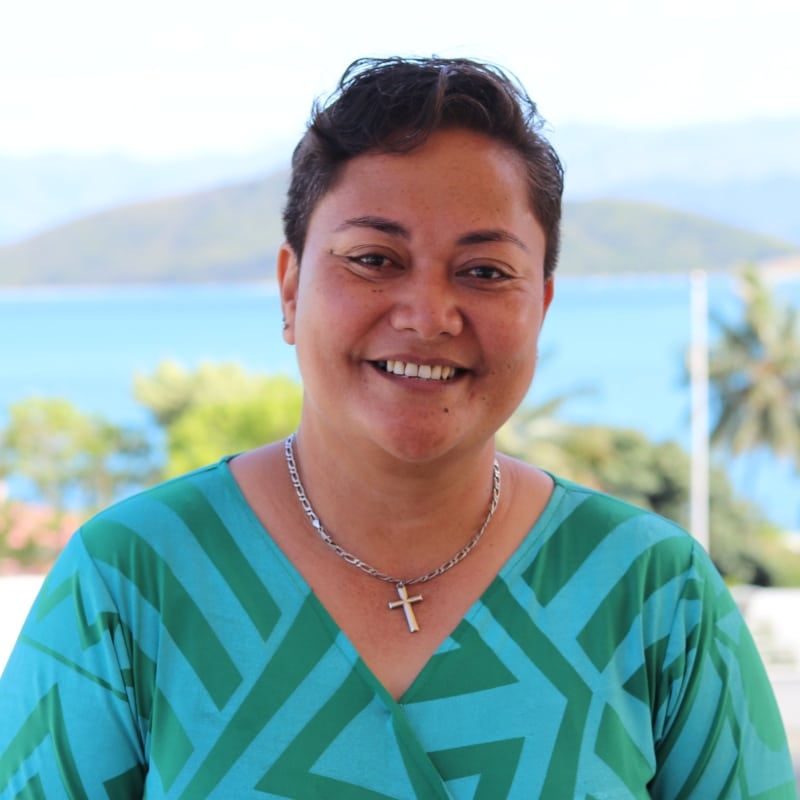
Congratulations are in order for Toobora, Amalaini and Asinate, who all graduated with their Postgraduate Diploma of Theology at the end of 2023; the halfway point to graduating with their Master of Theology (MTh) at the end of this year!
Asinate and Amalaini both noted that one of their standout learnings from last semester was studying different interpretations of the books of Daniel and Revelation. They really enjoyed diving deeper into these parts of the Scripture and shifting their perspectives. Asinate said: “I realised through taking this course last semester that [Revelation] has more to do with the past and what the people of those contexts went through, rather than the future. The book of Revelation is not as scary as we were raised to believe.”
Outside of their studies, Asinate is enjoying being part of the Student Body Association and Amalaini is leading Bible studies for a local youth group most Sundays.
Toobora is currently at home in Kiribati due to delays with processing her and her son’s visas to return to Fiji after the Christmas holidays. She is persevering with her thesis writing from abroad and is in touch with her supervisors, but is wishing to return to the PTC campus as soon as possible.
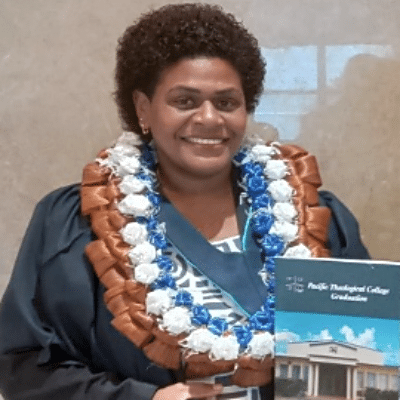 Amalaini |
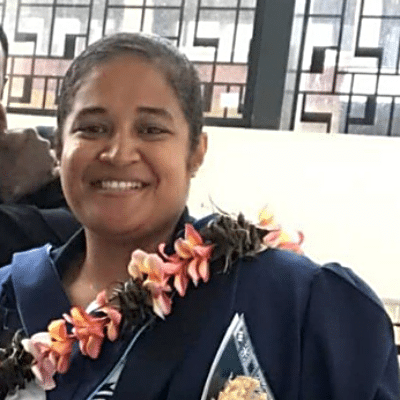 Asinate |
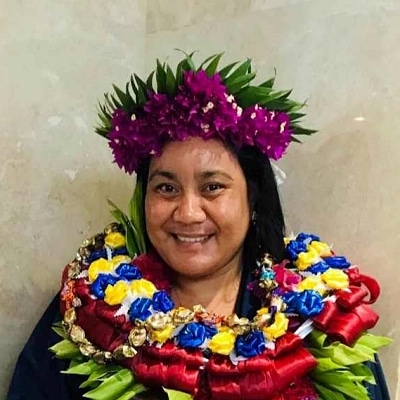 Toobora |

Mela has been enjoying putting her learning into practice through her placement church assignment last semester. Mela explains: “These placement churches were meant for us to practically apply what we learned in the classroom, such as ways to serve people, house-to-house visitations, and approaches to talking to a man or woman who is willing to repent.”
Mela found this experience incredibly valuable.
“I have gained skills in approaching different age groups both in theory and in practice,” she said. “I plan to practically use these approaches to meet the spiritual needs of people of all genders, statuses, and races, and to help women with their spiritual needs.”


Luisa also had some eye-opening experiences in her Institutional Chaplaincy course last semester. As part of the course, she visited different institutions including the CWM Hospital, Naboro Prison, two high schools, Lelean Memorial School, and John Wesley College.
She reflected on her experiences saying, “I can say here that every course I took in my second semester of 2023 was an eye-opener to me. It helps me to know every little thing about the unique spiritual needs of people in the setting where the chaplain serves.”


UnitingWorld visit to Suva
UnitingWorld held a Pacific Partner Learning Forum in mid-March in Suva, which saw around 35 people from across our Pacific partner churches meet in Fiji for five days of fellowship, sharing learnings, and shaping future priorities for their regional collaboration. The forum was held onsite at PTC, which allowed us to attend daily chapel and spend time with several staff members at PTC and, of course, the wonderful scholars!
Mia from UnitingWorld shared a meal with Amalaini, Asinate and Geraldine (pictured above) and had a tour of the PTC campus, which was wonderful. Unfortunately, Toobora was in Kiribati at the time.

Past Women in Ministry scholar, Pastor Leinamau from Vanuatu, attended part of the UnitingWorld forum. She is currently completing her PhD at PTC. It was great to reconnect with her and to have her valuable inputs into our conversations on Gender Equality and Child Protection within Pacific churches. UnitingWorld previously supported Pastor Leinamau to study a Master of Theology in 2018-19.

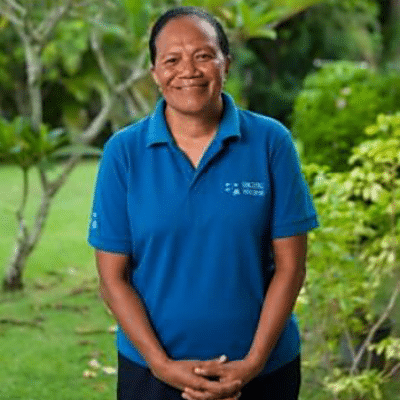

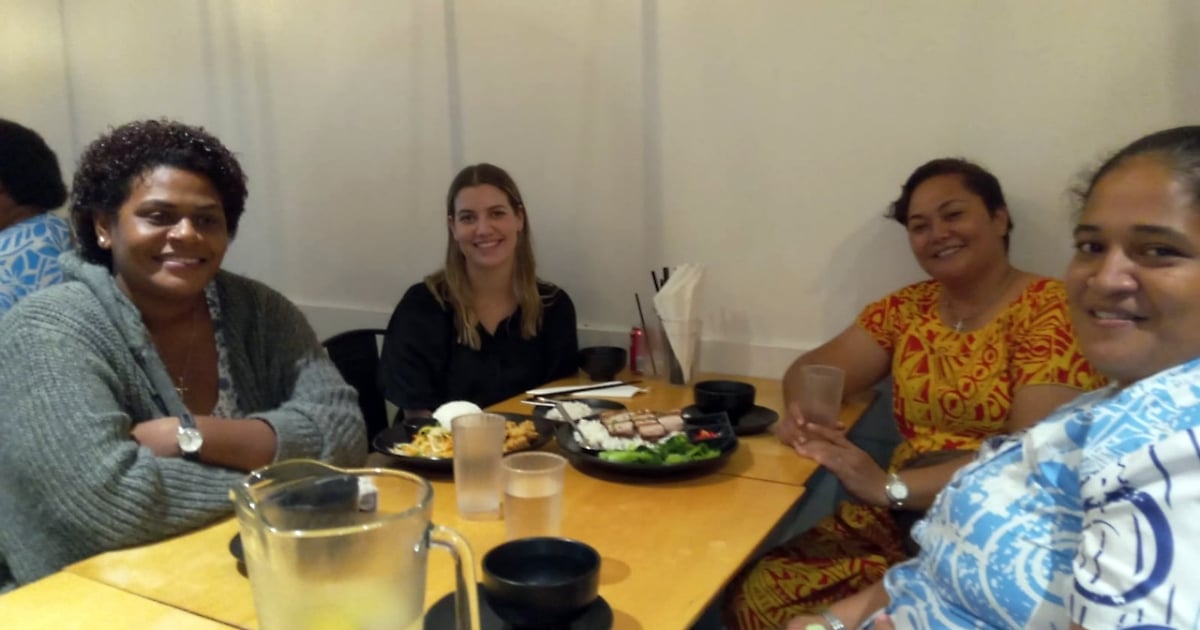
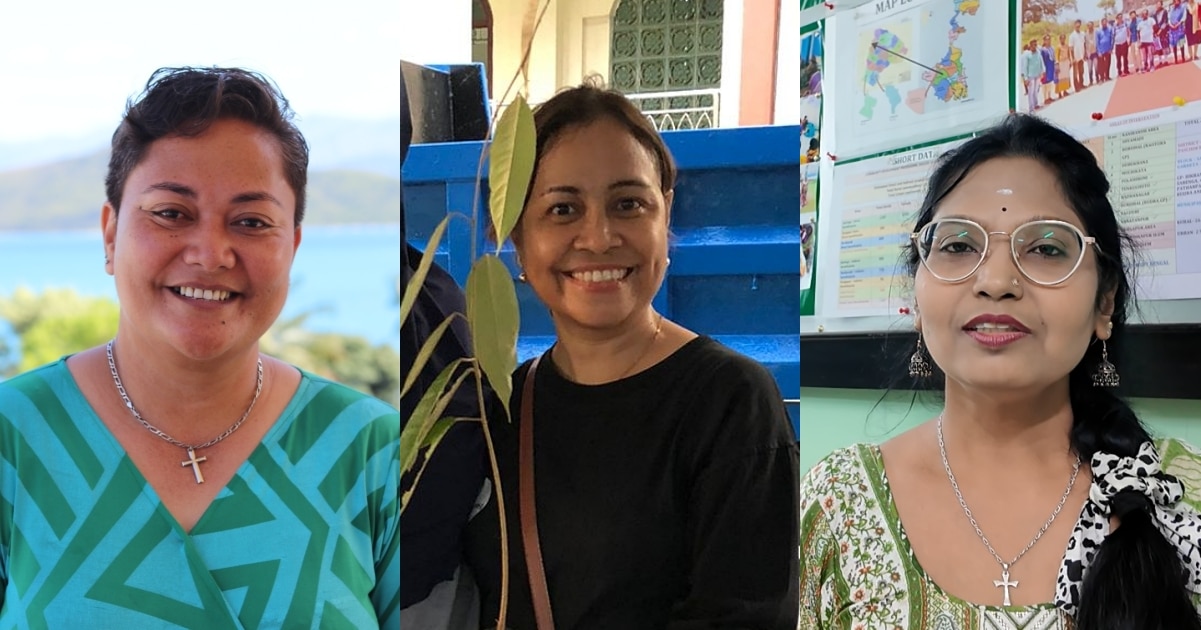
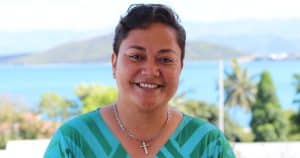
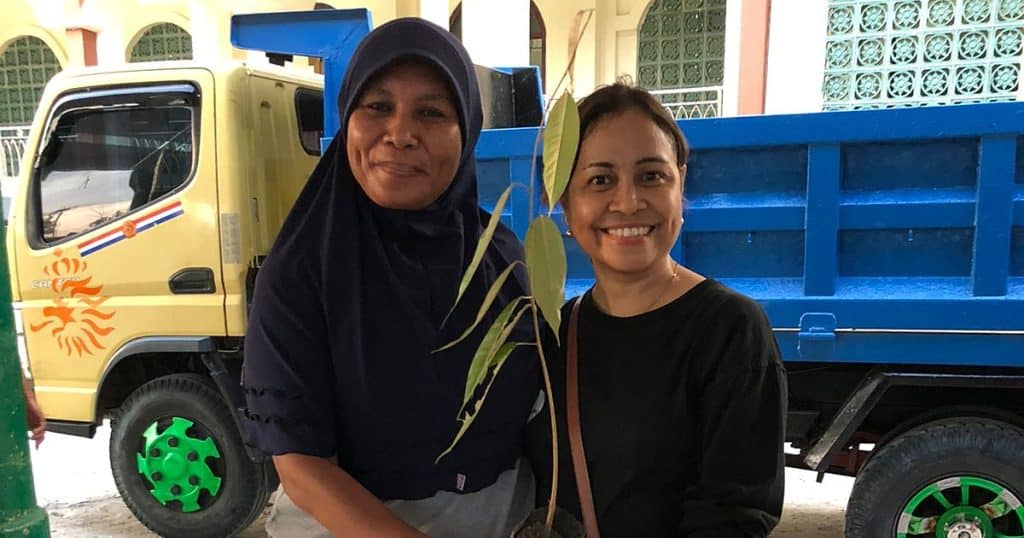
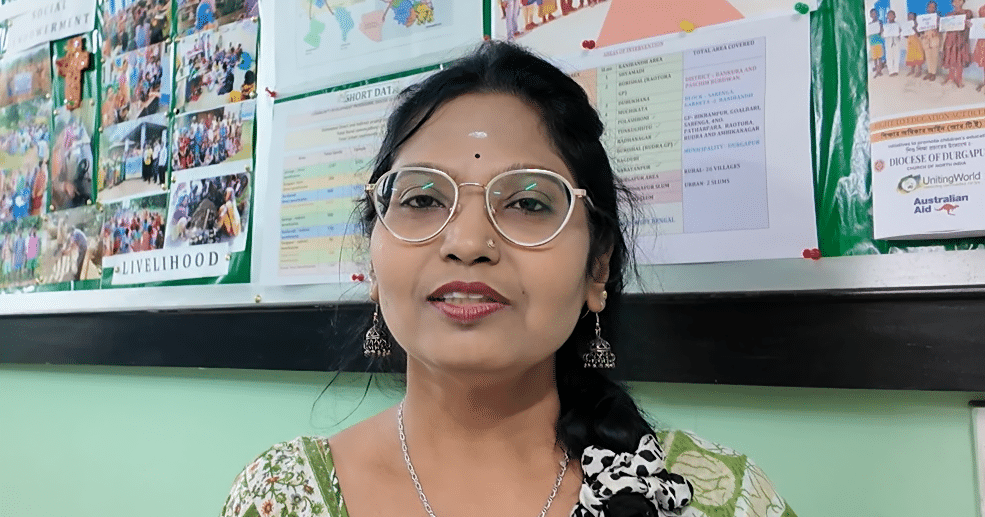
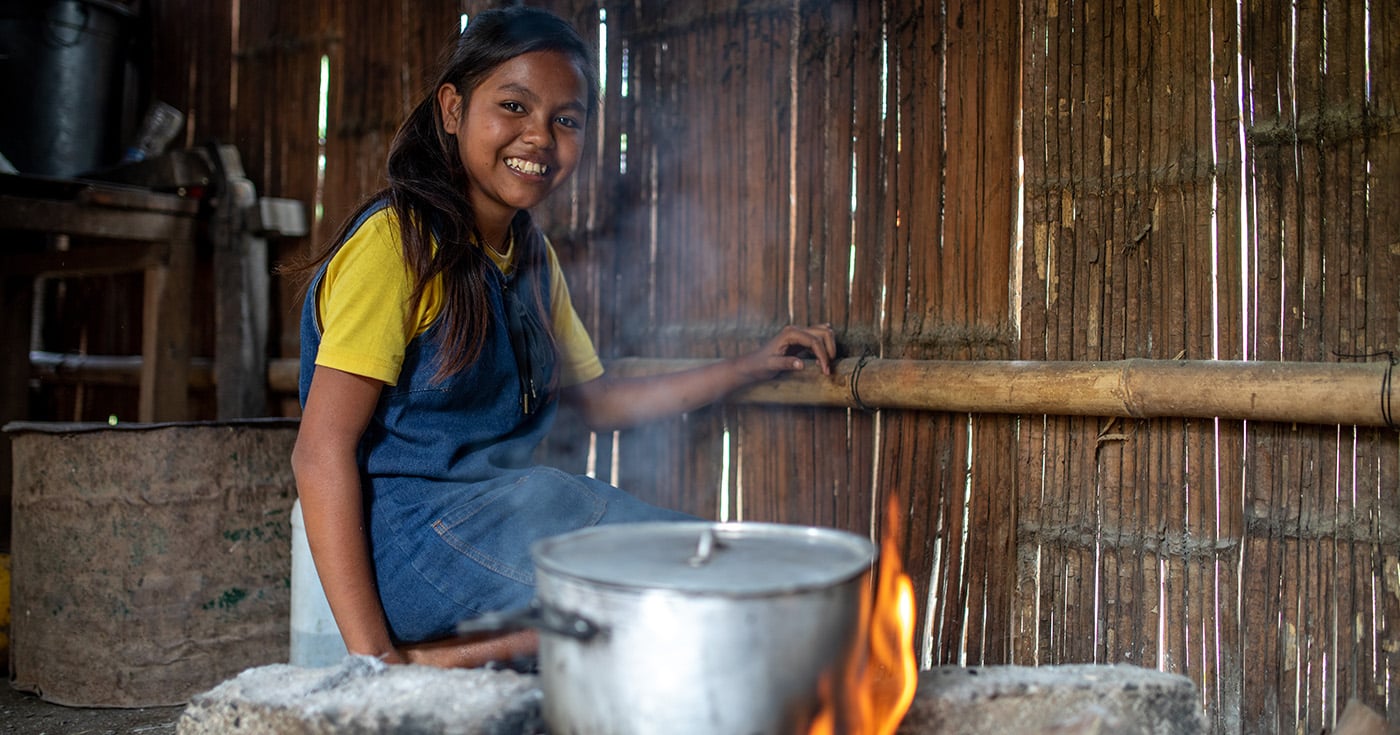
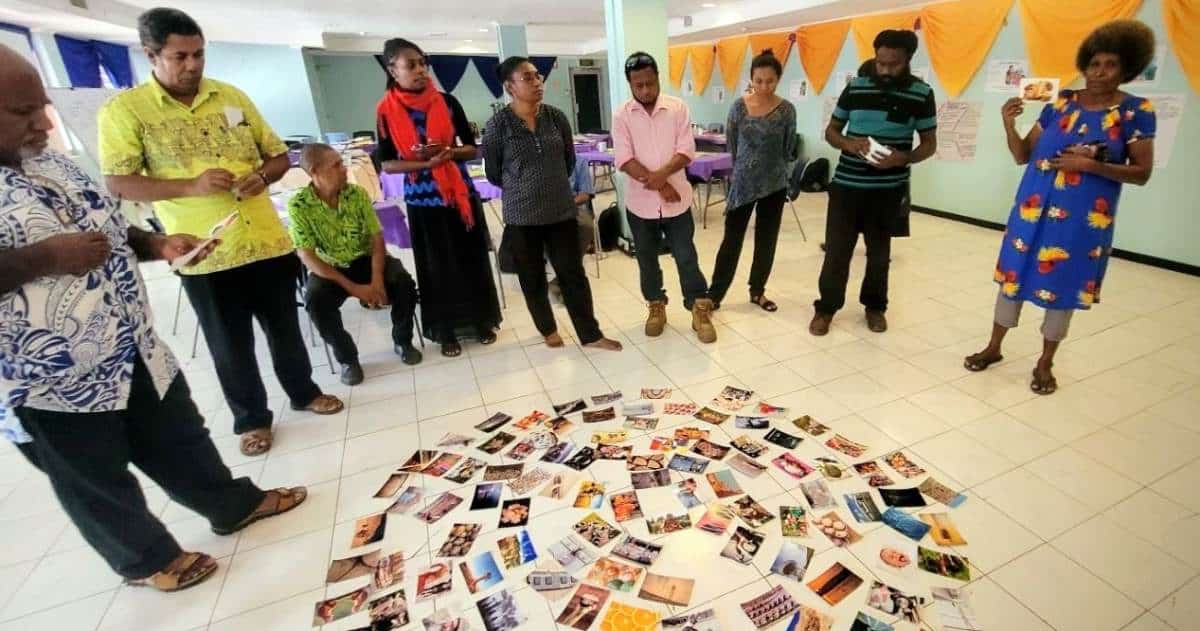
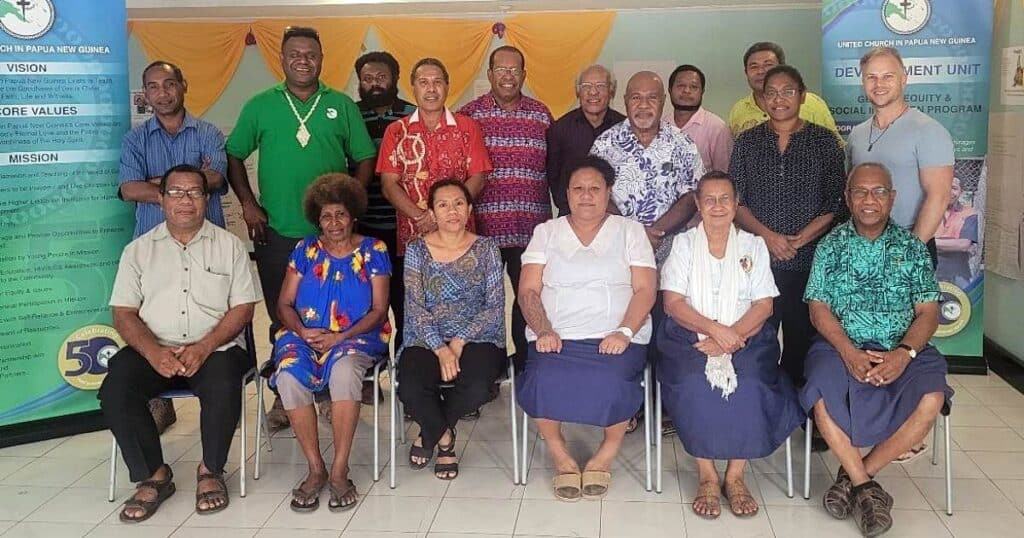 Photos: UCPNG staff at a recent workshop and talanoa on the impacts of gender-based violence in PNG.
Photos: UCPNG staff at a recent workshop and talanoa on the impacts of gender-based violence in PNG.